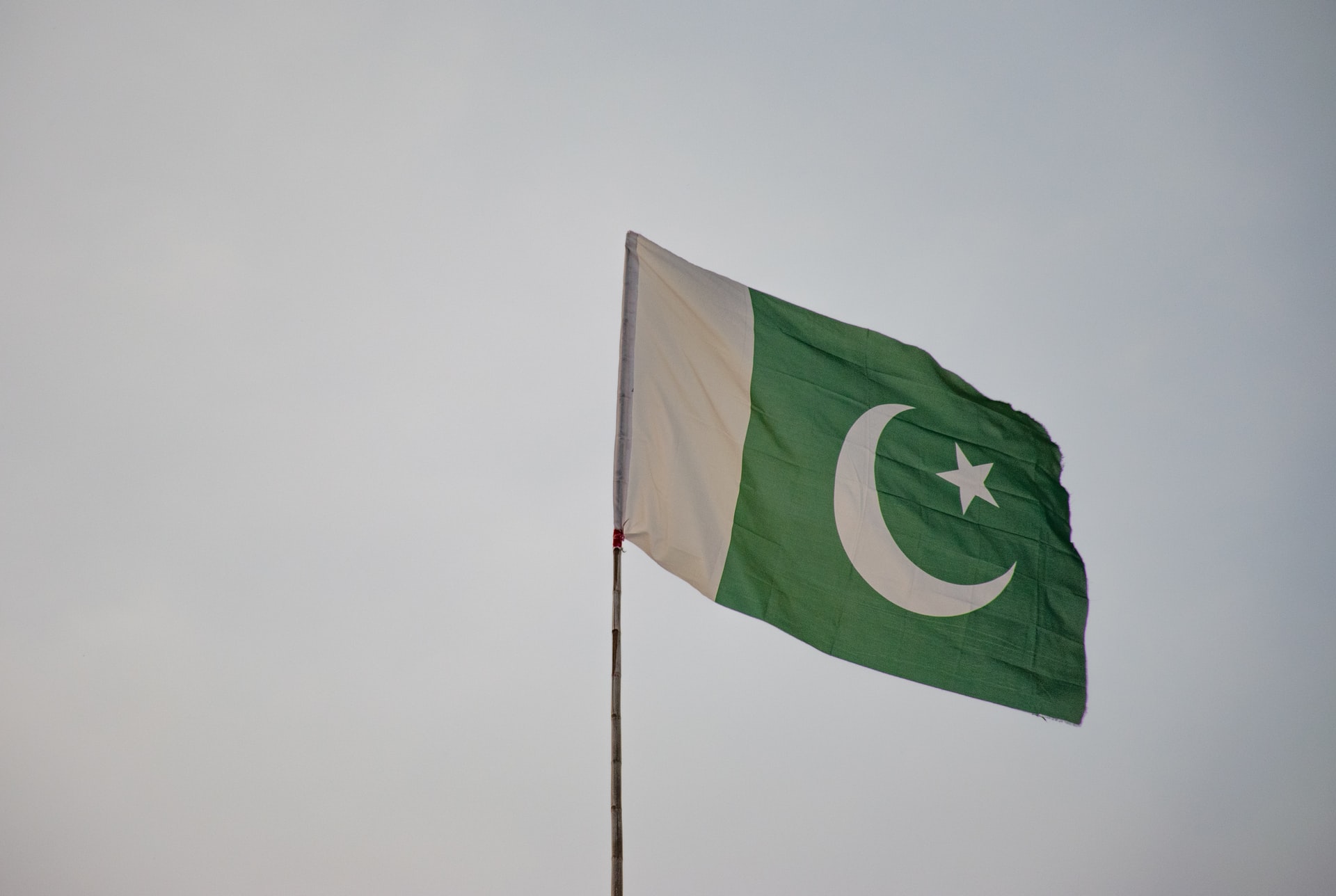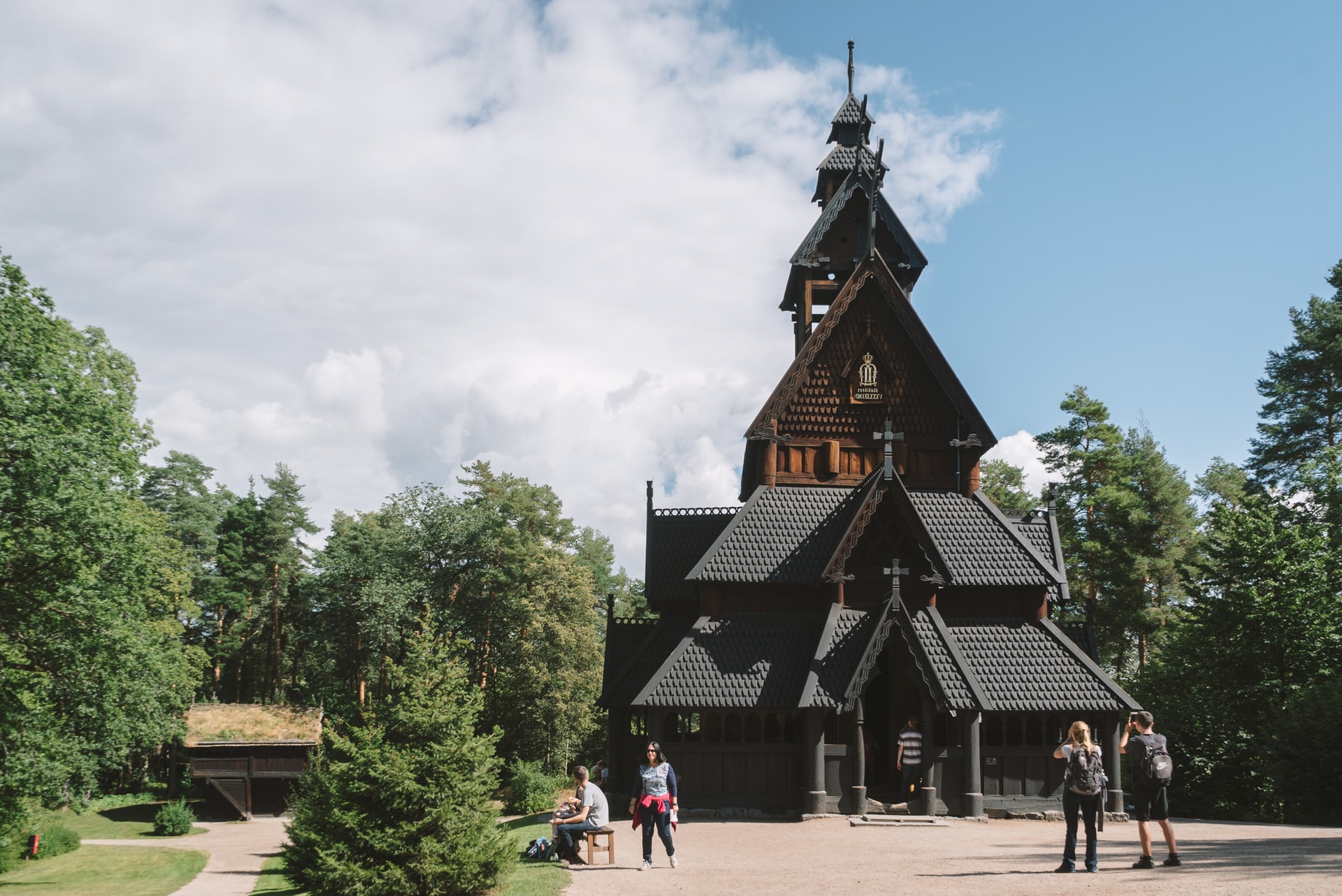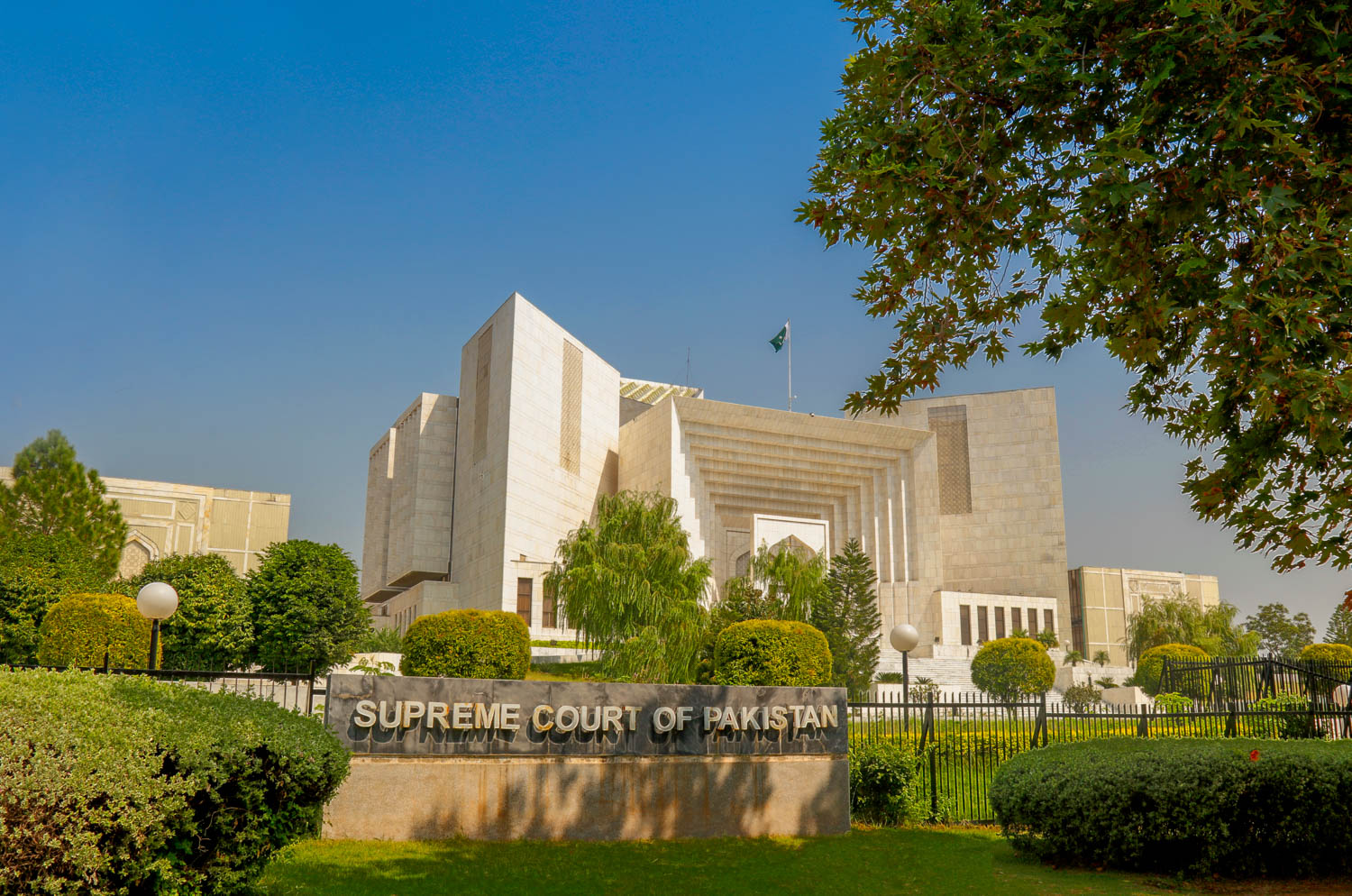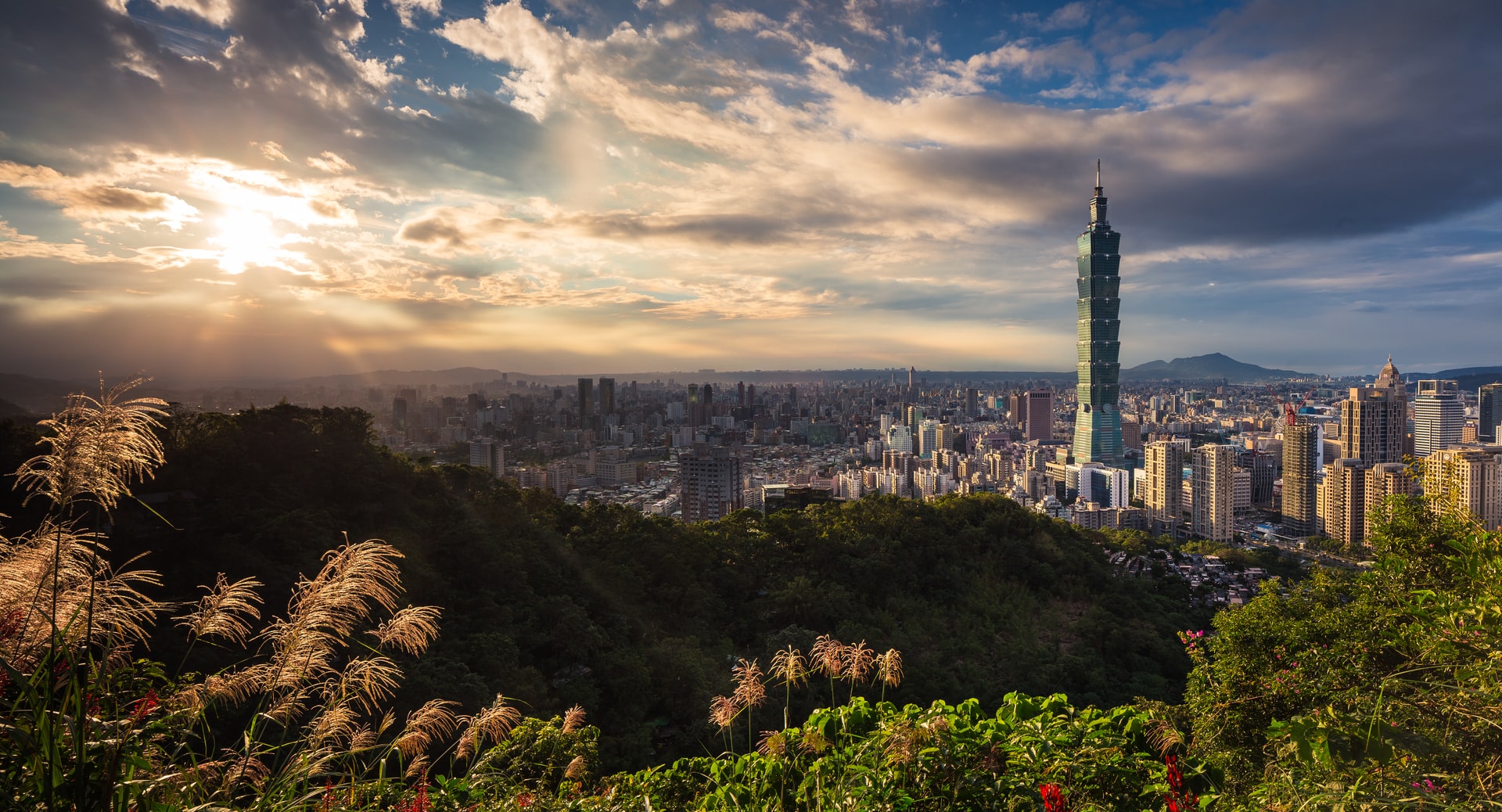The concept of religious freedom is naturally contextualised for the lives of the living – religious minorities who wish to practice their faith freely. However, in this post, contributor Qamar Rafiq address the question of religious freedom as it pertains to the departed. Specifically, Rafiq explores limitations on cremations for minorities in Pakistan and the implications this has for religious freedom within the country.
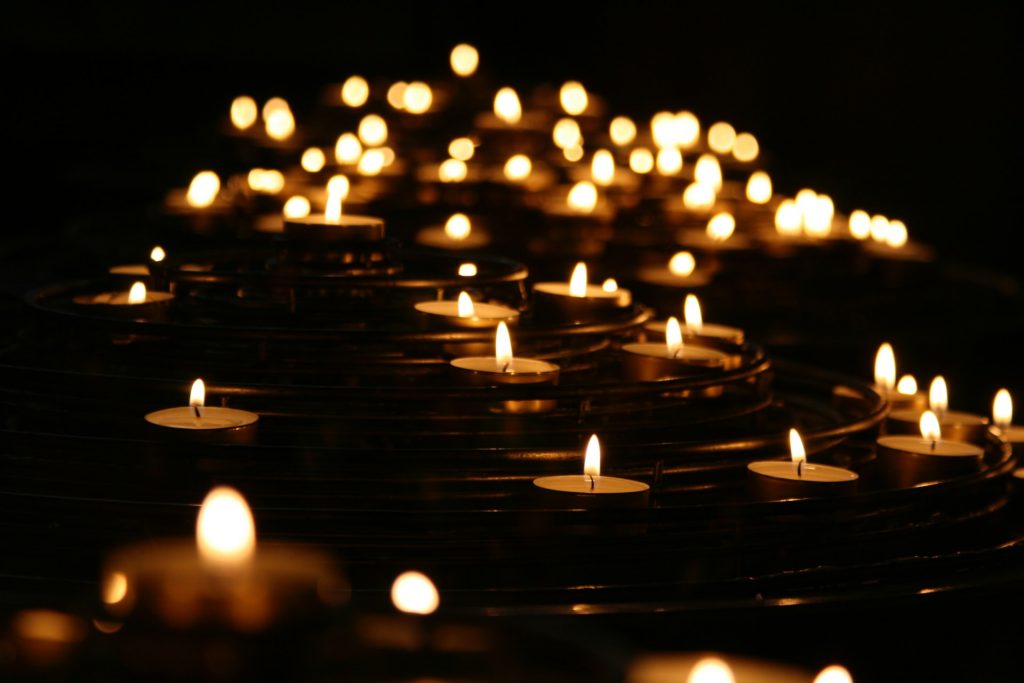
Of the many unanswered questions surrounding the right to religious freedom, one of the most pressing is if the parliamentary proceedings and constitutional guarantees have failed to protect religious diversity, then the price of freedom is beyond measure.
This poses the question: When do we have a moral obligation to intervene, particularly for human right reasons in unspeakable destruction?
The grim situation of Sikh and Hindu community of Pakistan is a real eye-opener. Their right to freedom of religion or belief (FoRB) is under sustained attack and continues fracturing beyond repair. What makes it even more poignant is that the collapse of religious freedom is so real yet has been left undiagnosed.
The journey of Hindus and Sikhs in these decades of darkness is profound. With a sense of their own powerlessness, they continue to wrestle for their equal citizen and religious rights in Pakistan. When it comes to the protection of minorities or their religious places, the government specialises in “denialism”. Denial of the basic human right to cremate dead and failure to effectively implement Hindu and Sikh Marriage Act. Denial of anti-forced conversion and minority’s protection bills are few blatant examples. And the list goes on.
In truth, Pakistan’s minority groups fundamentally believe turning a blind eye to the issues plaguing the ecosystem of religious diversity and social equality has become a permanent condition of ideological preferences. Seen through this perspective, one can begin to realise the tragic dimensions of religious discrimination in the political discourse and social spheres have hit hard my motherland.
In 2020, and under-construction Krishna temple in Islamabad was destroyed by a group of men who chanted slogans against Hindus. For decades, thousands of Hindus in Islamabad had been pushing for a proper place to worship and to cremate their dead, rather than having to travel sometimes hundreds of miles to perform last rites.
Despite social, economic and geopolitical upheaval, about 3,000 members of the Hindu community in Islamabad have been unsuccessful in securing a place for religious ceremonies, marriages and cremation of their dead. Similarly, Sikh community is waiting for decades to have a crematorium in Peshawar.
Nevertheless, cremation is a central part of Hindus and Sikhs religious belief and having no crematorium in Peshawar and Islamabad has raised a myriad of questions on the treatment of minorities and the future of liberal democracy. Authorities’ failure to address the worsening conditions to perform the religiously imperative custom to cremate dead has tipped many of its minority citizens into premature graves.
In 2020, I woke up one morning to the tragic news of an accident which killed 22 members of Sikh community after a train hit a van carrying Sikh pilgrims in North-Eastern Pakistan. The tragic losses of lives saddened the entire nation, condolence and sympathy messages were pouring enormously, and a hefty issue detonated for the bereaved families, to cremate bodies and perform last rites. The compelling situation conversely deepened the pain of the families who did not have a choice except to take these bodies 145km away to the Attock district for cremation. There are more than 50,000 people of the Sikh community living in different parts of Khyber-Pakhtunkhwa (KPK) province; there is not a single crematorium.
The lack of government interest in cremation rituals of religious minorities has rocketed the cost of performing cremation – this includes the cost of hiring an ambulance and bus for the family members to attend the cremation miles away from their homes. Ultimately, the non-affordable cost has become a major prohibitive factor for many middle and low-income members of the marginalised community who cannot afford the costs and prefer to bury the dead.
This issue was manifested by the death of Parkash Singh’s wife on January 27, 2021. Parkash is an internally displaced person from Khyber District due to terrorism and the operation launched by Pakistan’s Armed forces in the region. Mr Sing moved to Peshawar with his wife where he has been based for the last 11 years.
With no crematorium in the city, he took her body to Attock, around 145 kilometres away from Peshawar. Despite his financial challenges, Parkash was forced to travel hundreds of miles to cremate his wife.
Sadly, these compelling testimonies have failed to shake off Pakistani authorities. Experts say this proves government’s discriminatory attitude have no regard for the rights of their own people. This has forced Pakistan’s minorities to bury their dead due to lack of crematoriums and facilities for them to perform their religious rites.
Amidst a factory of excuses that has been working overtime in Pakistan, Sikhs and Hindus have a fierce urge to do something to help. Failure to grant a minority group a place for crematorium or religious services is a defilement of Fundamental Rights. The Geneva Convention 1929 protects the dignity of dead bodies and ensures dead’s are honourably interred, according to the rites of the religion to which they belonged.
Although Pakistan is an ethnically, linguistically and religiously diverse nation, the role of religion in the society is being ignored altogether. Hindus contribute as one of the biggest minorities in Pakistan and are concentrated in Sindh province. Whereas, most Sikhs live in the province of Punjab, with some also residing in Peshawar in the KPK province. Sikhs have an extensive heritage and history, but they are comparatively small in numbers. With a saga of rich culture and traditions, both Hindu and Sikh speak a variety of languages to add exquisiteness in the cultural imagery of Pakistan.
To ensure a future free of such radical values and subjugation, we must aspire towards a respectful diversity honouring the right of individuals to pursue truth of respect and dignity of others. The British High Commissioner’s recent visit to Kartarpur and serving food to Sikh pilgrims is not only a gripping attempt to heal the wounds of Sikh minorities but also a serious effort to promote the power of religious diversity.
Last month, the Archbishop of Canterbury visited Pakistan where he met different faith leaders to emphasise the importance of interfaith harmony and dialogue as prospective antidotes to end human rights abuses. This is another notable example that religious freedom is everyone’s responsibility.
These remarkable steps not only shed light on the situation of religious minorities but also implore the international community to act collaboratively. The UK government has issued strong condemnation of forced conversions, forced marriages and religious intolerance towards minorities. But it will require more political will and interest to fulfil the human rights obligations. And lastly to challenge our compromised political obligations to award political representations, and socio-identical acceptability to minorities.
After the dust of centuries has passed, we will be remembered not only for victories or defeats in battle or politics but also our contribution to human spirit. The crucial challenge to transplant tolerance, diversity, and inclusiveness in the fabric of Pakistan’s society, regrettably remains unaddressed. I wish to see Pakistan, a country which offers both love and crematorium to its Sikhs and Hindus with grace and respect.
Note: This piece gives the views of the author, and not the position of the LSE Religion and Global Society blog, nor of the London School of Economics.


